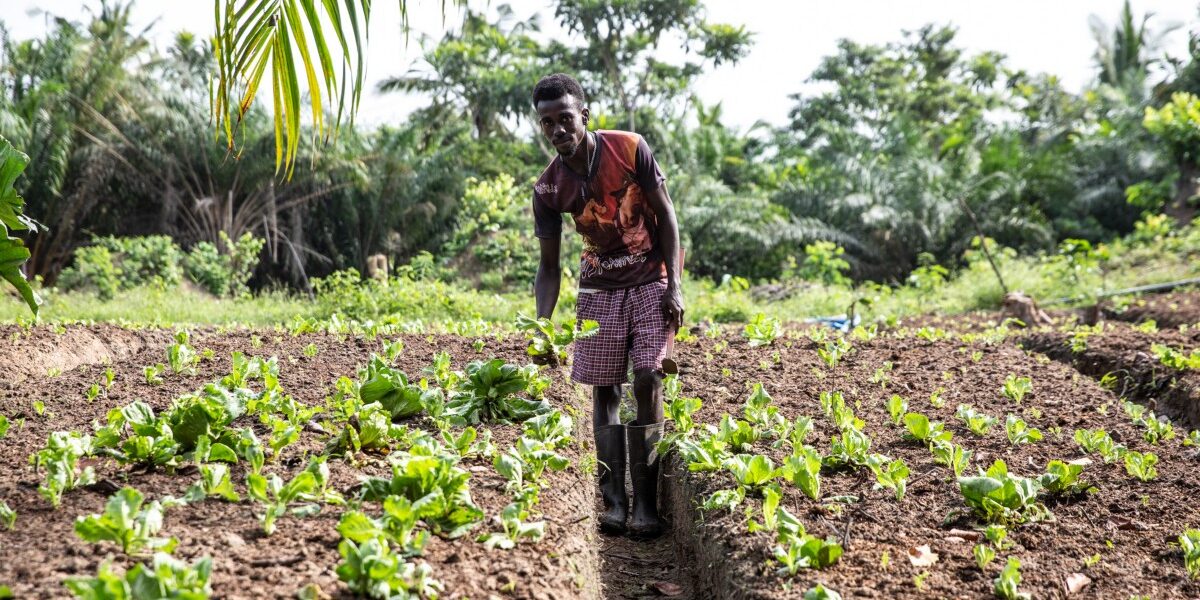Transforming Ghana’s Agriculture: A Comprehensive Policy Framework for Sustainable Growth and Inclusivity
The Food and Agriculture Sector Development Policy (FASDEP II) is a strategic framework established by the Government of Ghana to enhance the agriculture sector’s development. The overarching vision is to modernize agriculture, leading to a transformed economy characterized by food security, job creation, and poverty reduction.
Key Objectives and Strategies
FASDEP II outlines six specific objectives:
- Food Security and Emergency Preparedness
- Improved Growth in Incomes
- Increased Competitiveness and Market Integration
- Sustainable Management of Land and Environment
- Application of Science and Technology in Agriculture
- Improved Institutional Coordination
To achieve these objectives, various strategies are proposed, including the development of sub-policies such as Crop Development, Cocoa Strategy, Livestock Development, and more. Environmental sustainability is emphasized, with strategies for promoting sustainable land management practices and fostering collaboration among stakeholders.
Gender equality is also a significant focus, with strategies aimed at enhancing institutional capacity for gender mainstreaming, advocating for affirmative action in recruitment within the Ministry of Food and Agriculture, and ensuring data collection is gender-disaggregated.
The policy consists of five chapters detailing its introduction, sector framework, policy strategies, and implementation procedures, with a strong emphasis on stakeholder roles in executing these strategies effectively.




